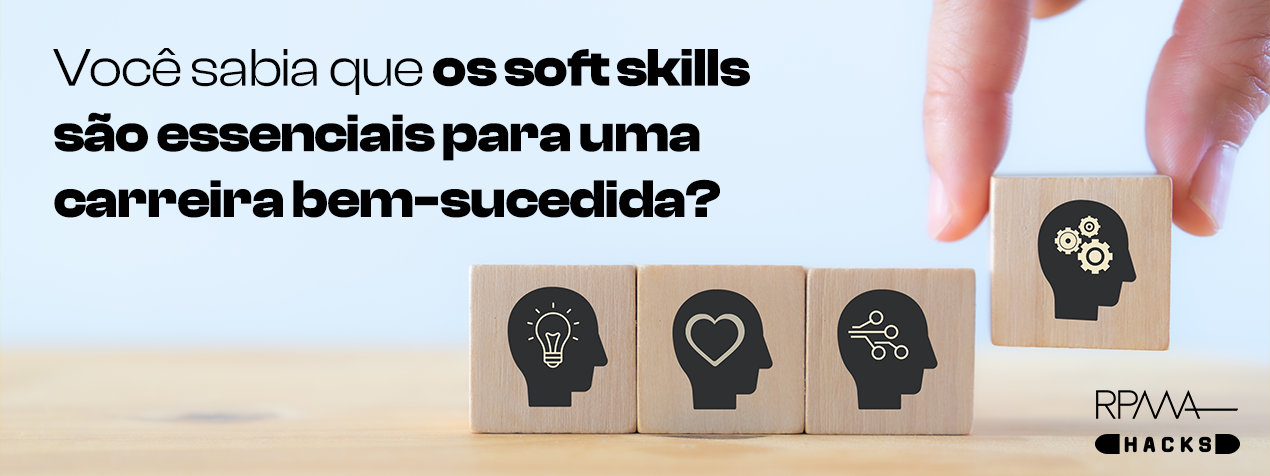‘Soft skills’ are the human competencies that are overshadowing the so-called ‘hard skills’ or technical competencies.
Have you heard of Economy 5.0?
Picture a dance floor filled with talents! We have Empathy dancing with Resilience to the beat of Collaboration, Communication hypnotizing the crowd with enchanting words, and Creativity lighting up the place with brilliant ideas. And let’s not forget about Collaboration, like a perfectly synchronized couple of dancers performing choreographed moves to shine on the dance floor. Welcome to Economy 5.0!
In Economy 5.0, hard skills remain essential, but soft skills will steal the show on the dance floor and win over the hearts of businesses. So, get ready for the grand soft skills party, where empathy, resilience, and collaboration, among others, are the guests of honor. It’s time to show the world that it’s not just Artificial Intelligence suggesting the right moves, but we, human beings, with our unique talents, that will make a difference in Economy 5.0.
And why are ‘soft skills’ so critical in Economy 5.0?
For starters, listening attentively, putting oneself in someone else’s shoes, and communicating clearly and persuasively becomes essential for building solid relationships and gaining customers’ trust. Additionally, in the pursuit of a better world, creativity and innovation are key ingredients. For example, according to a study by Harvard University, 85% of success at work is attributed to communication and interpersonal relationship skills, which are soft skills.
Critical thinking and problem-solving skills enable companies to find creative solutions to complex challenges and identify sustainable business opportunities. Customers prefer to consume and buy from companies that demonstrate empathy and communication skills and are also effective in understanding their needs and concerns. These companies offer innovative products and services that positively impact the company, society, and the environment.
Does this mean that technical skills have lost their importance?
NO! More than ever, with the advent of Artificial Intelligence invading the majority of professions, all professionals need to be willing to continuously learn new technical skills. It’s no longer enough to study, graduate, get an MBA, etc. This is necessary but not sufficient.
The speed of the economy’s digitalization evolution in all business sectors demands a change in attitude from professionals. As we mentioned earlier, communication ability, innovation, and teamwork, for example, are not just desirable; they are essential in Economy 5.0.
But what are ‘soft skills’ anyway?
Soft skills are behavioral, social, and emotional skills that refer to abilities in communication, interpersonal relationships, leadership, teamwork, conflict resolution, and other competencies that are not directly related to an individual’s technical or academic education.
Here are some of the most common soft skills:
- Empathy
- Resilience
- Adaptability
- Time and priority management
- Critical thinking and analysis
- Emotional intelligence
- Collaboration and teamwork
- Problem-solving and self-management
- Communication ability
- Creativity
- Lifelong learning
- Active listening
The most important ‘soft skills’ for those working in communication and marketing
Nowadays, all soft skills are critical for professional success in any sector and role. However, some are more important, depending on your professional field.
For example, if you’re a manager (manager or director), all 12 soft skills above are vital for your career. It’s impossible to say which is most important for a manager.
Now, if you work in communication and marketing like us, you can say that some soft skills are more important. This is very personal, but let’s make some suggestions here without prioritizing:
- Communication ability, both written and oral, is obviously the most important.
- Creativity is also essential, and I would dare say more so in marketing than in communications.
- Critical thinking and analysis have become essential due to communications becoming data-driven and, more recently, the need to use Generative AI platforms critically.
- Collaboration and teamwork, which are universally essential skills, have become critical due to multidisciplinary teams working on a campaign (communications consultants, planners, designers, social media content producers, data analysts – who do monitoring and social listening, media analysts, audiovisual content producers, prompt engineers, and project managers, for example).
- Lifelong learning, another universally essential skill, has become crucial for a sector in continuous digital transformation, where new platforms emerge constantly, and processes are “liquid” (in continuous transformation).
- And especially, problem-solving ability is essential.
And how do I incorporate ‘soft skills’???
There is no one-size-fits-all solution for this. Most of them are not learned through training or formal education. Some will say that competencies such as communication, empathy, resilience, emotional intelligence, and analytical ability can be learned. It’s evident that whenever a competency becomes a trend, you will receive many training and coaching offers the next day. Often, it will be worth making this investment to get out of inertia and learn some important concepts.
But, in reality, learning, using, and incorporating ‘soft skills’ into our lives is a matter of attitude. It will take effort, attention, and discipline, but it’s worth it because, without soft skills, we can become shipwrecked in the ocean of continuous and accelerated transformations of the 21st century.
*AI tools supported the material produced.





 How can we help?
How can we help?